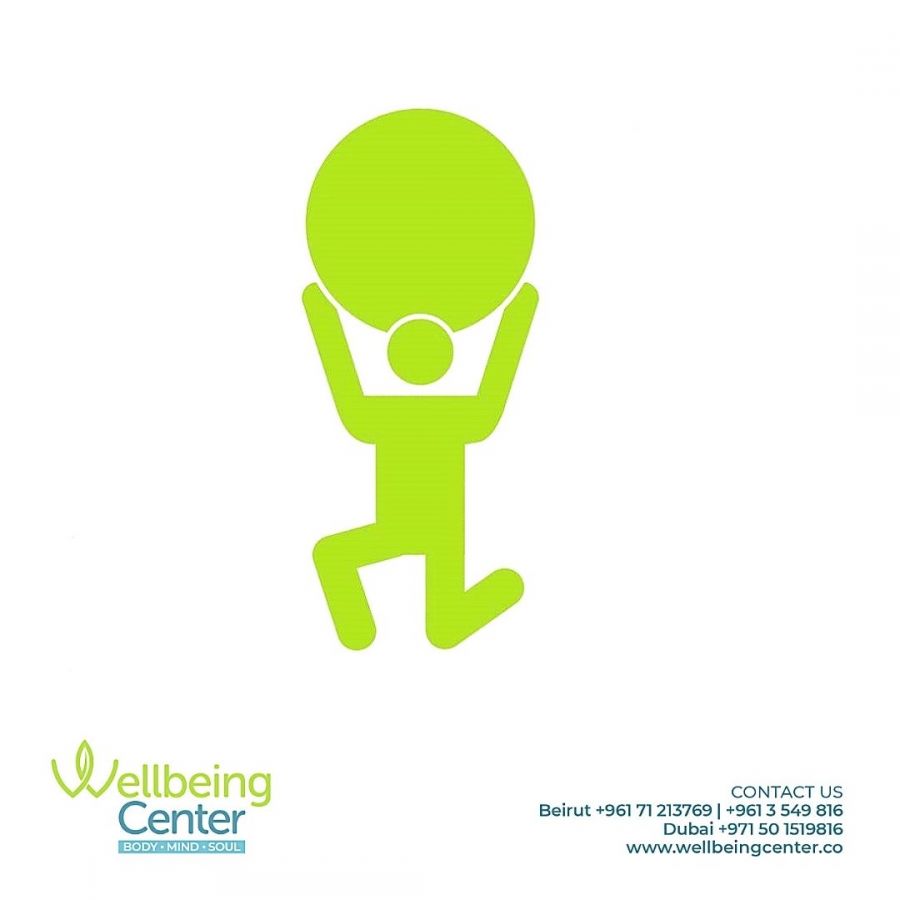Resilience

When you have resilience, you harness inner strength that helps you rebound from a setback or challenge, such as a job loss, an illness, a disaster or a loved one's death. If you lack resilience, you might dwell on problems, feel victimized, become overwhelmed or turn to unhealthy coping mechanisms, such as substance abuse.
Resilience won't make your problems go away — but resilience can give you the ability to see past them, find enjoyment in life and better handle stress. If you aren't as resilient as you'd like to be, you can develop skills to become more resilient.
Adapting to adversity
Resilience is the ability to adapt to difficult situations. When stress, adversity or trauma strikes, you still experience anger, grief and pain, but you're able to keep functioning — both physically and psychologically. However, resilience isn't about putting up with something difficult, being stoic or figuring it out on your own. In fact, being able to reach out to others for support is a key part of being resilient.
Resilience and mental health
Resilience can help protect you from various mental health conditions, such as depression and anxiety. Resilience can also help offset factors that increase the risk of mental health conditions, such as being bullied or previous trauma. If you have an existing mental health condition, being resilient can improve your coping ability.
Tips to improve your resilience
If you'd like to become more resilient, consider these tips:
- Get connected. Building strong, positive relationships with loved ones and friends can provide you with needed support and acceptance in good and bad times.
- Make every day meaningful. Do something that gives you a sense of accomplishment and purpose every day. Set goals to help you look toward the future with meaning.
- Learn from experience. Think of how you've coped with hardships in the past. Consider the skills and strategies that helped you through difficult times. You might even write about past experiences in a journal to help you identify positive and negative behavior patterns — and guide your future behavior.
- Remain hopeful. You can't change the past, but you can always look toward the future. Accepting and even anticipating change makes it easier to adapt and view new challenges with less anxiety.
- Take care of yourself. Tend to your own needs and feelings. Participate in activities and hobbies you enjoy. Include physical activity in your daily routine. Get plenty of sleep. Eat a healthy diet. Practice stress management and relaxation techniques, such as yoga, meditation, guided imagery, or deep breathing.
- Be proactive. Don't ignore your problems. Instead, figure out what needs to be done, make a plan, and take action. Although it can take time to recover from a major setback, traumatic event or loss, know that your situation can improve if you work at it.
Becoming more resilient takes time and practice. If you don't feel you're making progress — or you don't know where to start — consider talking to us. With guidance, you can improve your resiliency and mental well-being.
